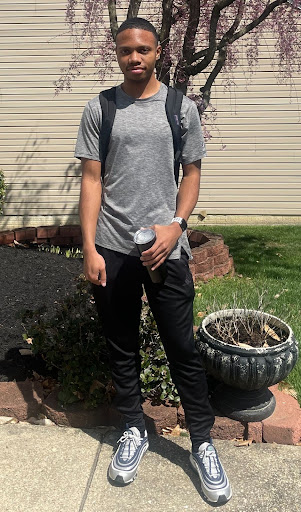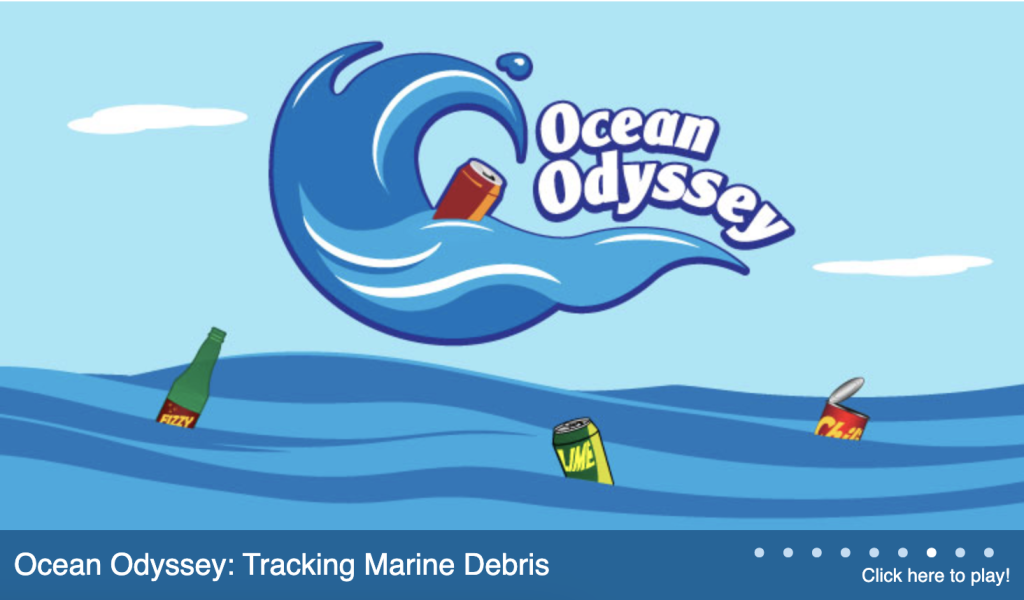NOAA SciJinks Web Game
Ocean Odyssey: Tracking Marine Debris
Meet Stephen

A local Marylander, hailing from Elkridge, MD, Stephen Lewis joins NOAA this summer as an intern with the Global Ocean Monitoring and Observing (GOMO) and Atlantic Oceanographic & Meteorological Laboratory (AOML). Stephen attends the University of Delaware (UD), where he is a rising senior majoring in Statistics with a minor in Math and Computer Science. Stephen is currently on the Dean’s list as he has been all three years of undergrad, with a cumulative GPA of 3.85.
Stephen is GOMO/AOML’s first summer intern working under the Adopt a Drifter program. Stephen developed a NOAA SciJinks game suitable for K-12 audiences that is inspired by the Global Drifter Program’s contribution to ocean surface currents observations. The game incorporates real drifter data across the globe and helps younger audiences understand what marine debris is and how it can help keep our oceans clean.
From programming to visual effects, Stephen quickly learned all aspects of the Unity game engine and spearheaded the game’s design and development. During his summer internship, Stephen has attained valuable skills in game design, scientific data analysis, science communication, and computer science. What Stephen found most valuable in his professional development this summer was learning how to use the coding language C# (C sharp) for the first time. Stephen hope to use these new skills he attained at NOAA to get his master’s degree in Statistics, and then pursue a career as a data scientist.

